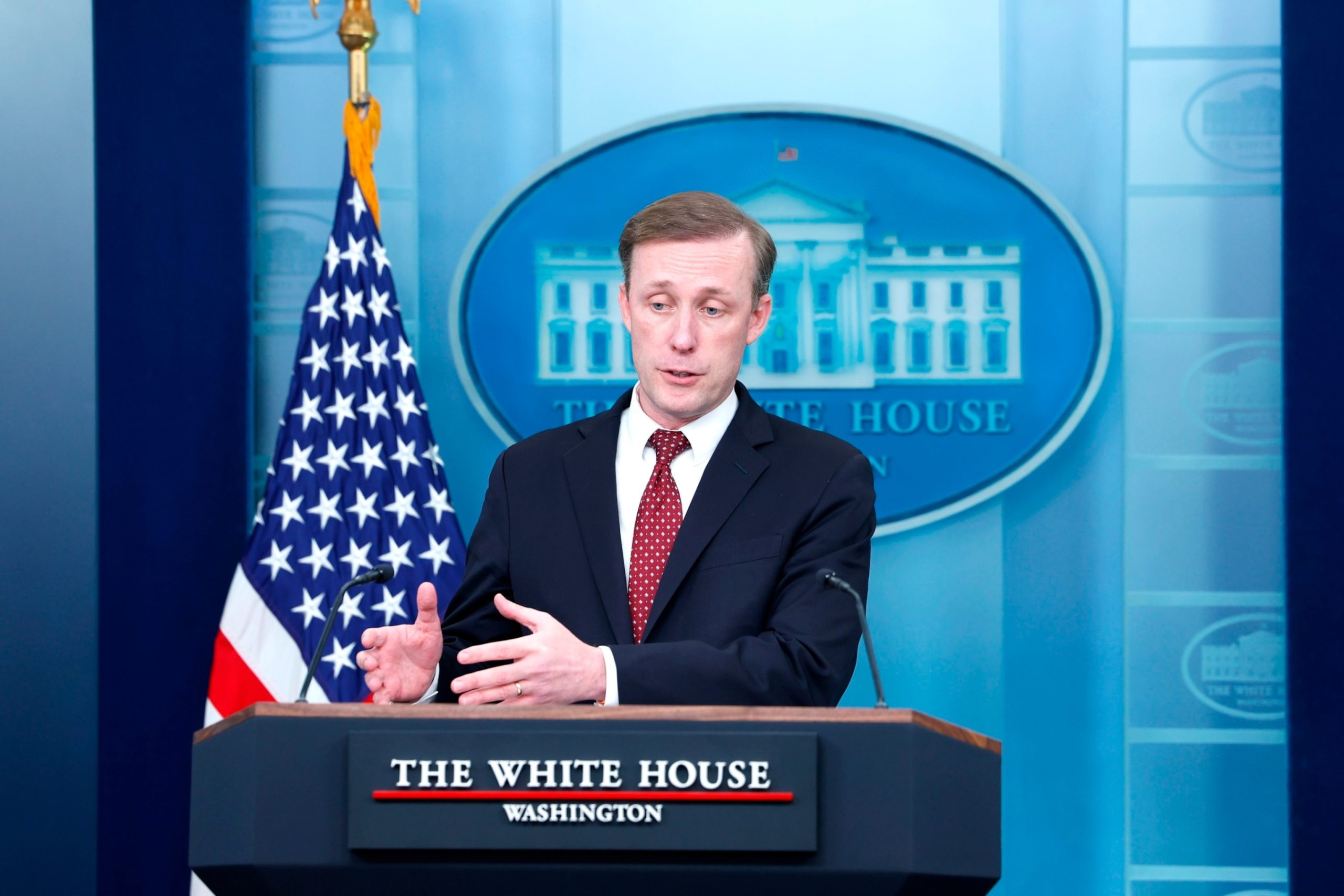The United States Contemplating Response Measures to Houthi Missile Attacks in the Red Sea
In recent years, the Houthi rebels in Yemen have intensified their missile attacks on neighboring countries, particularly targeting Saudi Arabia. These attacks have not only threatened regional stability but also raised concerns about the safety of international shipping in the Red Sea. As a result, the United States is now contemplating response measures to counter these missile attacks and protect its interests in the region.
The Houthi rebels, backed by Iran, have been engaged in a protracted conflict with the Yemeni government since 2014. Over the years, they have acquired and developed a significant arsenal of ballistic missiles, which they have used to target Saudi Arabia and other countries in the region. The attacks have not only targeted military installations but also civilian areas, causing casualties and damage.
One of the major concerns for the United States is the threat these missile attacks pose to international shipping in the Red Sea. The Red Sea is a vital waterway for global trade, connecting Europe, Asia, and Africa. It is estimated that around 10% of global trade passes through this strategic chokepoint. Any disruption to shipping in this region could have severe economic consequences worldwide.
To address this threat, the United States is considering various response measures. One option being explored is the deployment of additional missile defense systems in the region. The United States already has Patriot missile batteries stationed in Saudi Arabia, which have been successful in intercepting some of the Houthi missiles. However, with the increasing frequency and range of these attacks, there is a need for enhanced defensive capabilities.
Another response measure being contemplated is increased intelligence sharing and coordination with regional partners. The United States has been providing intelligence support to Saudi Arabia and other countries affected by Houthi missile attacks. However, there is a growing recognition that a more comprehensive and coordinated approach is required to effectively counter this threat. This could involve sharing information on missile launch sites, capabilities, and other relevant intelligence to develop a more robust defense strategy.
Furthermore, the United States is also exploring diplomatic and economic measures to address the Houthi missile threat. Efforts are underway to engage with regional and international partners to put pressure on Iran, which is believed to be providing significant support to the Houthi rebels. By imposing sanctions or other economic measures, the United States aims to limit Iran’s ability to supply missiles and other military equipment to the Houthis.
Additionally, the United States is working towards a political solution to the conflict in Yemen. By supporting the United Nations-led peace process, the U.S. hopes to bring an end to the conflict and reduce the Houthi missile threat. A stable and peaceful Yemen would not only benefit regional security but also alleviate the need for defensive measures against missile attacks.
While the United States contemplates response measures to Houthi missile attacks in the Red Sea, it is crucial to consider the broader implications of these actions. Any military response must be carefully calibrated to avoid further escalation and civilian casualties. Additionally, efforts should be made to address the root causes of the conflict in Yemen, including political grievances and regional power dynamics.
In conclusion, the United States is actively considering response measures to counter Houthi missile attacks in the Red Sea. These measures include deploying additional missile defense systems, enhancing intelligence sharing and coordination, imposing diplomatic and economic pressure on Iran, and supporting a political solution to the conflict in Yemen. By taking these steps, the United States aims to protect its interests in the region, ensure the safety of international shipping, and contribute to regional stability.



